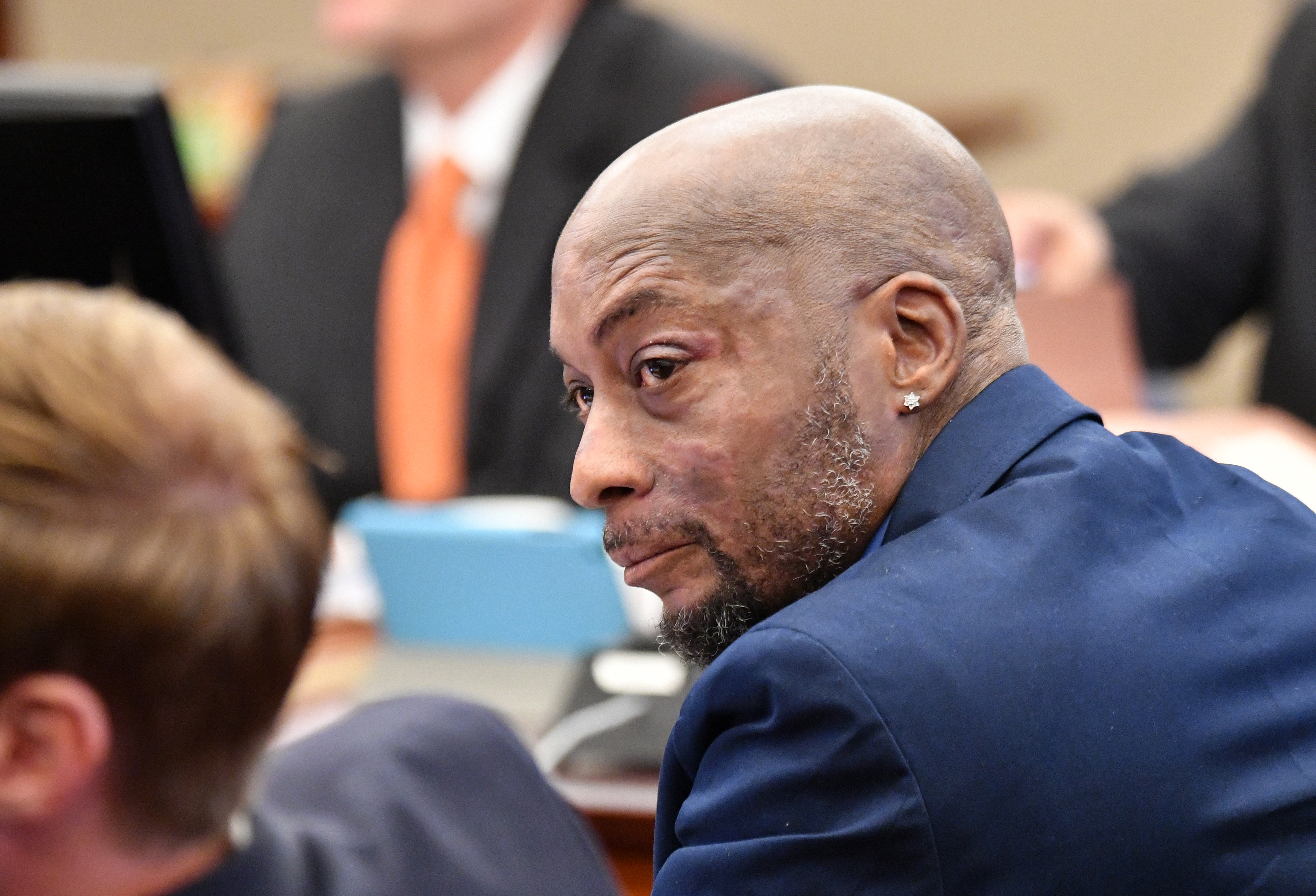As trial opens, man dying of cancer blames Monsanto’s Roundup
Photo: () | ©AFP
San Francisco (AFP) – A lawyer for a California groundskeeper dying of cancer took aim at Monsanto Monday as a jury began hearing the lawsuit accusing the chemical giant of ignoring the health risks of its top-selling weed killer Roundup.
“For the past 40 years, Monsanto has known the primary ingredient in Roundup can produce tumors in lab animals,” attorney Brent Wisner told the jury in a California state court hearing the case brought by Dewayne Johnson, a 46-year-old father of two.
Diagnosed in 2014 with non-Hodgkin’s lymphoma, a cancer that affects white blood cells, Johnson used Roundup repeatedly in his job at a school in Benecia, California.
In his opening statement, Wisner said Monsanto opted against warning consumers of the risks and that instead “they have fought science” by playing down the suspected link between the chemical herbicide and cancer.
“Monsanto has gone out of its way to bully scientists and fight researchers,” he told the jury.
The case in California Superior Court is the first trial in which Roundup is said to have caused cancer, a claim repeatedly denied by the chemical company.
If Monsanto loses, the case could open the door to hundreds of additional lawsuits against the company recently acquired by German-based pharmaceutical and chemical group Bayer.
– ‘Told you could drink it’ –
Johnson had little warning about the risks of Roundup, his lawyer said.
“He was told you could drink it, it was completely non toxic,” Wisner said with his client sitting in the San Francisco courtroom.
“You will hear testimony from him that he got drenched in it, repeatedly. He wore protective gear. He wore a full body plastic suit, mask, goggles or sunglasses. While plastic can stop water, it doesn’t stop Roundup.”
The lawyer said that Johnson, who is between rounds of chemotherapy, “is actually on borrowed time, he is not supposed to be alive today.”
A key to Johnson’s case will be convincing jurors that Monsanto’s pesticide — whose main ingredient is glyphosate, a suspected carcinogen — is responsible for the illness.
Whether the substance causes cancer has been the source of long debate among government regulators, health experts and lawyers.
While glyphosate is classified as “probably carcinogenic” by a World Health Organization body, Monsanto has always denied any link with the disease and says more than 800 studies have concluded the product is safe.
“We have empathy for anyone suffering from cancer but the scientific evidence clearly shows that glyphosate was not the cause. We look forward to presenting this evidence to the court,” said a recent statement from Monsanto, scheduled to make its opening argument later Monday.
– Cases ‘in the pipeline’ –
Robert F. Kennedy Jr., an environmental attorney and son of the late US senator and a member of Johnson’s legal team, sat in the front row of the gallery in the San Francisco courtroom.
“I don’t think it’s a surprise that Monsanto tried to stop the public from knowing about it, and tried to manipulate the regulatory process,” Kennedy told reporters outside court.
Kennedy said his law firm has 700 clients “in the pipeline” with Roundup cancer cases.
When asked how much money he thought Johnson should get from Monsanto, Kennedy questioned whether $50 million or $100 million would even be enough.
“We hope to get Mr. Johnson as much as possible,” Kennedy said.
– Agent Orange –
Founded in 1901 in St. Louis, Missouri, Monsanto began producing agrochemicals in the 1940s and now employs 20,000 people around the world and generates $15 billion in annual revenue. It was acquired by Bayer for more than $62 billion.
Monsanto was one of the companies which produced a defoliant dubbed “Agent Orange,” which has been linked to cancer and other diseases, for use by US forces in Vietnam. It denies responsibility for how the military used it.
Monsanto’s flagship herbicide Roundup was launched in 1976. The company soon thereafter began genetically modifying plants, making some resistant to Roundup.
In 2015, the International Agency for Research on Cancer — a World Health Organization body — classified glyphosate as “probably carcinogenic,” and as a result the state of California listed it as carcinogenic.
But European food safety and chemicals agencies have so far not followed suit, while a US Department of Health study suggested its toxicity is limited.
Disclaimer: This story has not been edited by Siliconeer and is published from a syndicated feed. Siliconeer does not assume any liability for the above story. Validity of the above story is for 7 Days from original date of publishing. Content copyright AFP.


